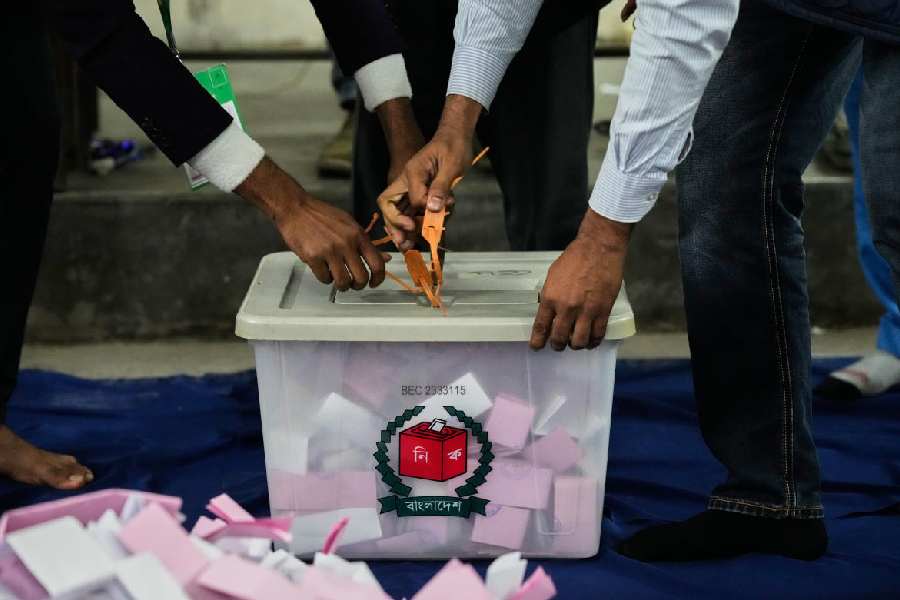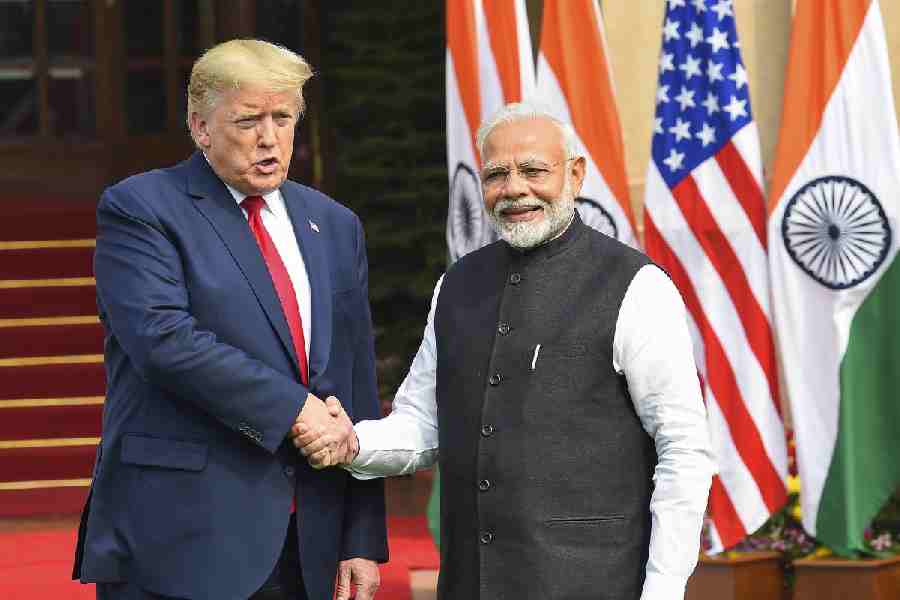 |
| Filmmaker Parbati Ghose. Telegraph picture |
Bhubaneswar, Aug. 25: Actress and filmmaker Parbati Ghose believes it is not easy for a woman to be an Odia movie director in an industry dominated by men.
During an interaction with film enthusiasts recently, she shared her experiences and said her critics had always misinterpreted her.
Winner of three national awards, Parbati was born with the name Chapala Nayak.
She made her debut as a child artiste in the film Sri Jagannath in 1950. Parbati married Gour Ghose, filmmaker and actor, opposite whom she was seen in many films such as Amari Gaan Jhua (1953), Bhai Bhai (1956), Maa (1959), Laxmi (1962), Kaa (1965), Stree (1968) and Sansara (1971). Laxmi, Kaa and Stree won national awards in best regional film category. In 1986, she made her debut as a director with Chha Mana Aatha Guntha.
“Women, even today, have no say when it comes to distribution of cinema. In various departments, she has to struggle to prove her mettle. But I was lucky to have had Gour Ghose by my side, who groomed me in all aspects of filmmaking. He gave me freedom and has faith in me. It helped me become what I am today. I am grateful to him that I did not have to face many challenges,” said Parbati.
The filmmaker said her critics often consider her autocratic. “They call me eccentric and moody, but I do not care. I have learnt that until I put my foot down and be a strong person who sticks to her views, it is not easy to make something creative. I took decisions in my films on the cast, crew and so on. I do not regret that because I knew what I wanted for the film,” she said.
During the distribution of Chha Mana Aatha Guntha, theatre owners did not co-operate with her and hence she chose to release it only in four cinemas, Parbati said.
“A memory that makes me happy is from my documentary on Malati Choudhary, prominent freedom fighter from the state. She would not talk to anyone and would not allow her life to be documented. But she showed faith in me and spoke of her experiences in details. Similarly, documentaries on tribal community also gave me an experience of a lifetime,” she said.
Talking about the present situation of Odia films she said that despite making something that viewers do not like, the filmmakers today insist that they are making it this way because it is the demand of viewers. Also, when she sees books on film history mentioning her films and details of her career without even contacting her, she gets upset.











